7 ways make-up can harm your eyes
A fifth of us don't even know that expiry information on make-up exists
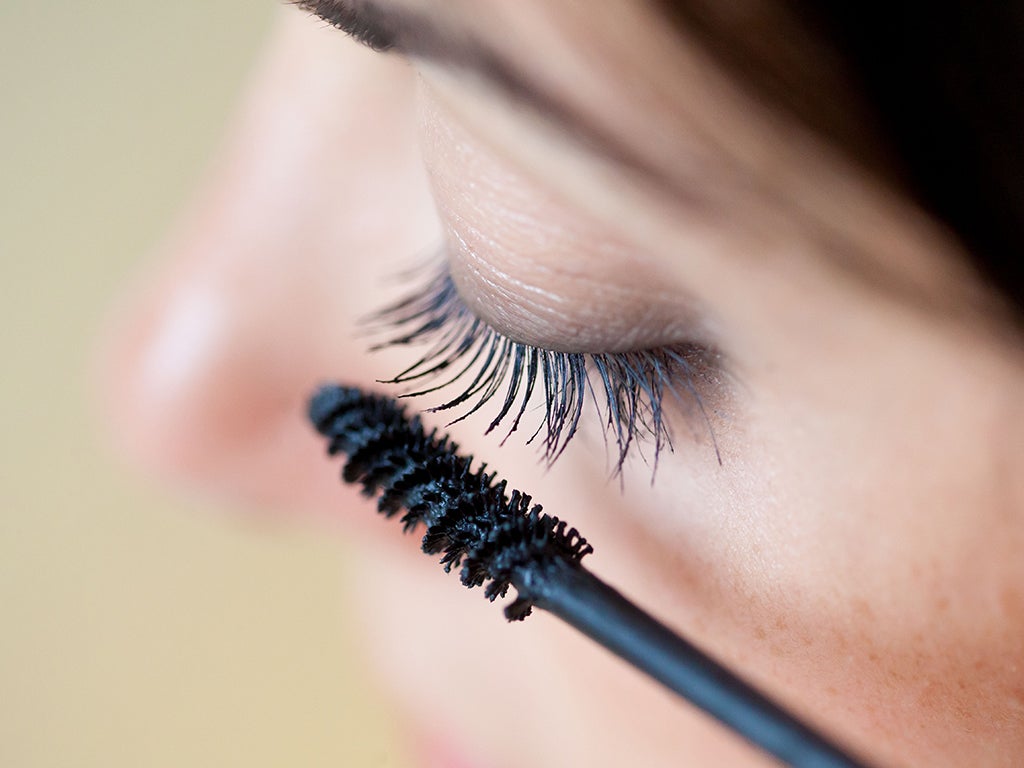
As an eye surgeon and ophthalmologist, I’ve noticed that many who wear eye make-up are unaware of some of the potential negative effects. Here are some ways to ensure make-up doesn’t affect your eye health.
Check how long you can keep it for

According to research by the College of Optometrists over half of make-up users do not check the instructions to see how long they should keep their mascara on for, with almost a fifth admitting they didn’t even know that expiry information existed.
Mascara was first used by the ancient Egyptians over 4000 years ago and was basically made as a mixture of crushed charcoal or soot, crocodile stool, honey, and water. Today’s products are produced in much cleaner environments, but basically the concoction is similar.
As you’d expect the “eye” includes the globe, but also the eyelids, and is vulnerable to infection; as many contact lens wearers will know the more you touch the eye the more likely it is to be infected. Therefore applying make-up to the eyelids daily, particularly if the kit is not clean or past due date, can lead to problems with the eyelids, the tear film and the eye itself.
Soot particles in mascara can also get into the small oil producing pores along the length of the eyelid margin and block them. These Meibomian gland pores produce the essential oil required for a stable tear film. Blocking these pores causes a chronic inflammatory reaction in the eyelid called posterior meibomitis which is the most common cause of red eyes, dry eyes and irritated eyes.
Wash your brushes
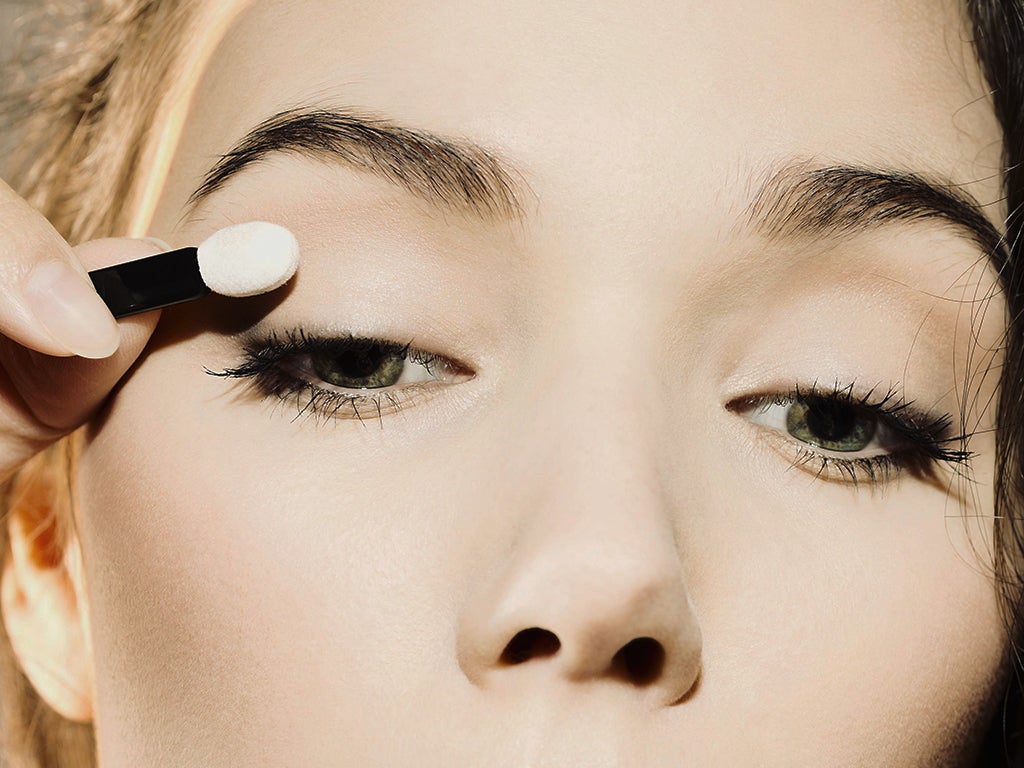
Make-up brushes, in particular, will gather bacteria and dirt over time. This means every time you go to apply make-up using that brush you may be spreading that bacteria and dirt onto your eyelashes, eyelid margins and therefore tear film and possibly onto your cornea. Eyelash curlers can also build up bacteria, so the more you use them the more you chance you have of re-applying potentially harmful bacteria - all eyelash curlers need to be thoroughly cleaned on a regular basis.
Don’t share make-up
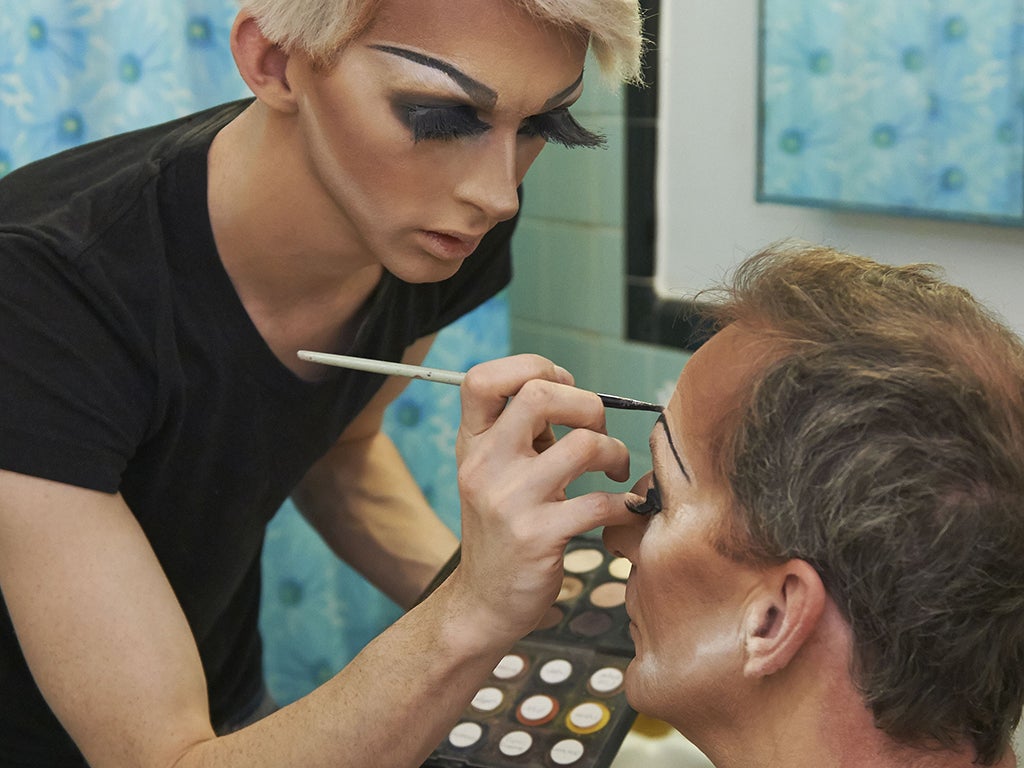
The concept of sharing make-up brushes and eyeliners is also a vector for cross-infection. You would never share a toothbrush, so consider why would your share mascara or eyeliner? The principle is the same. A toothbrush carries bacteria much like a mascara brush does.
Don’t apply on the move
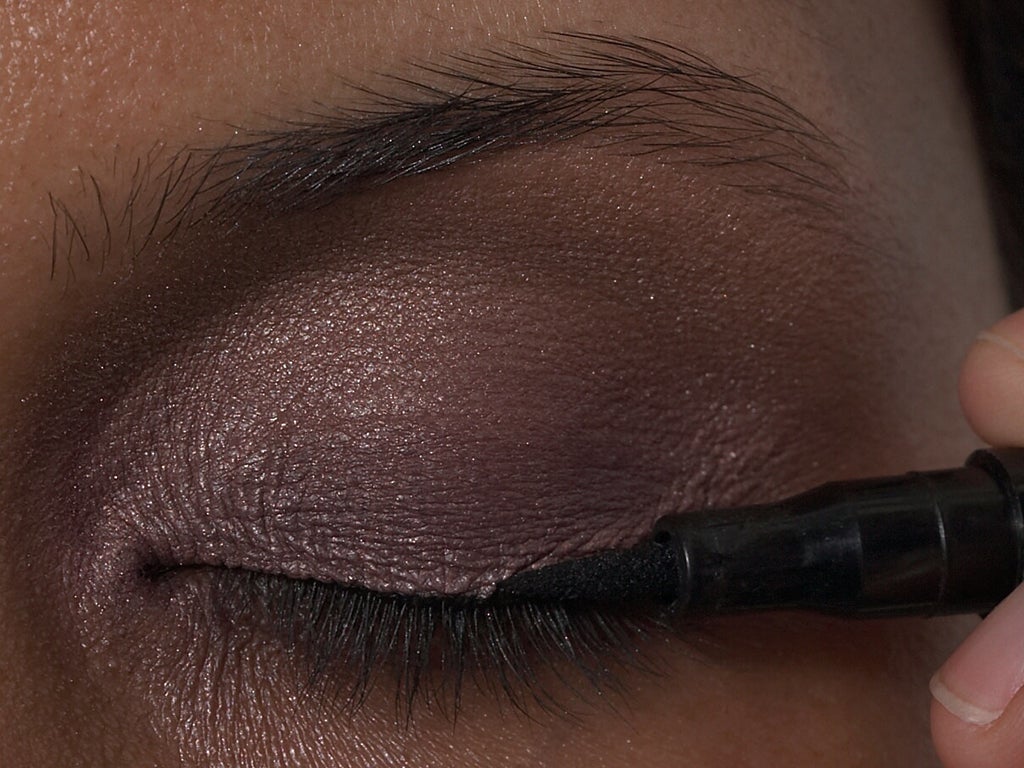
It goes without saying but applying any sort of eye make-up whilst on the move or on a bumpy journey can be potentially dangerous. As a worst case scenario you could scratch your cornea which can lead to a corneal abrasion. Corneal abrasions are potentially very painful, associated with severe discomfort, tearing and redness but more seriously can lead to bacterial infections of the cornea itself.
Be wary of false eyelashes
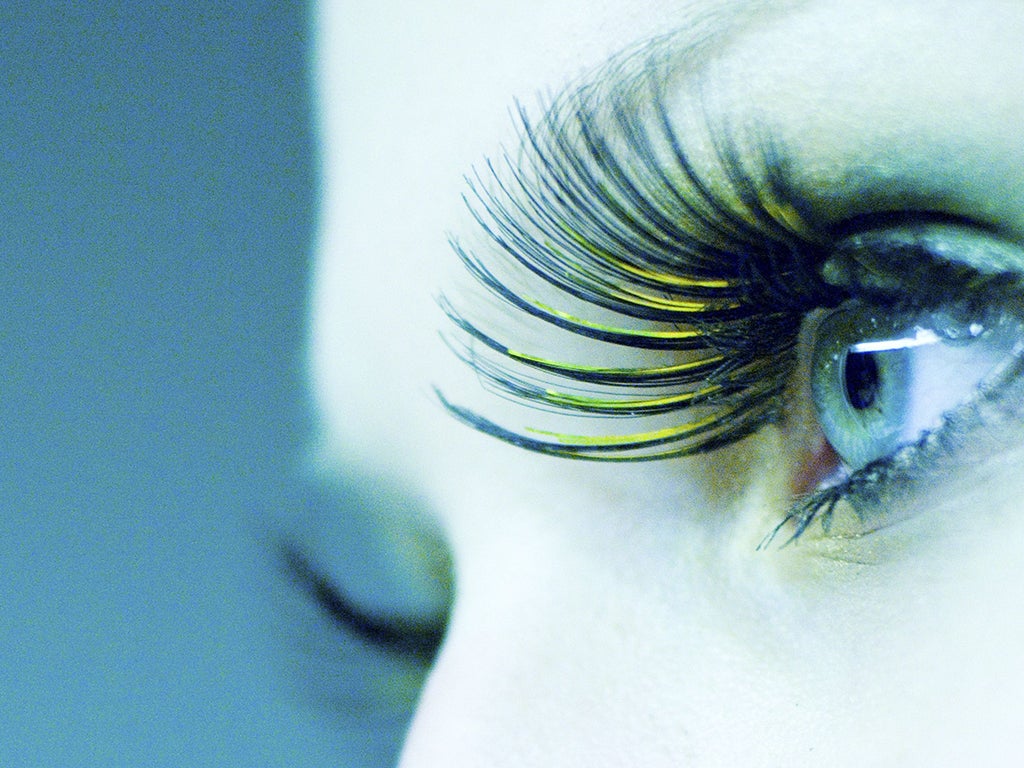
Even wearing false eyelashes can be potentially dangerous both initially and in the long run. Firstly applying any type of adhesive near your eye can cause problems if glue enters the tear film or ocular surface. Glue onto the ocular surface can cause abrasions, bacterial infections which can lead to scars and potentially permanent visual damage which may require (laser) surgery to restore vision. While extra-long lashes are the preference for many, they have been shown to possibly act as a wind-tunnel forcing air (and particles) directly into the eye making them drier and dirtier.
Wash it off at night – with the right product
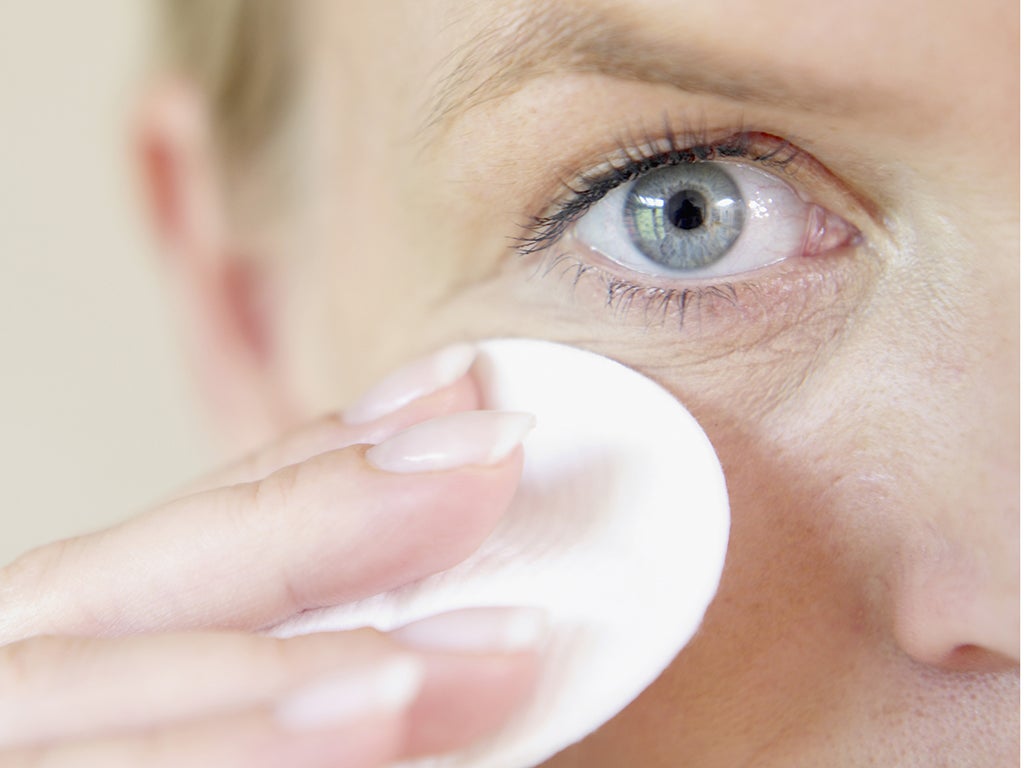
Leaving make-up on after a night out only compounds the problems. Failing to wash off mascara or eyeliner is only going to increase the chances of bacterial and oil build up with eyelid inflammation.
If applying make-up was risky enough, removing make-up could be more dangerous. If you don’t use the correct antiseptic wipes you’re only going to manoeuvre any bacteria back into your eye, leading to redness, irritation and potentially infection.
Test products before use
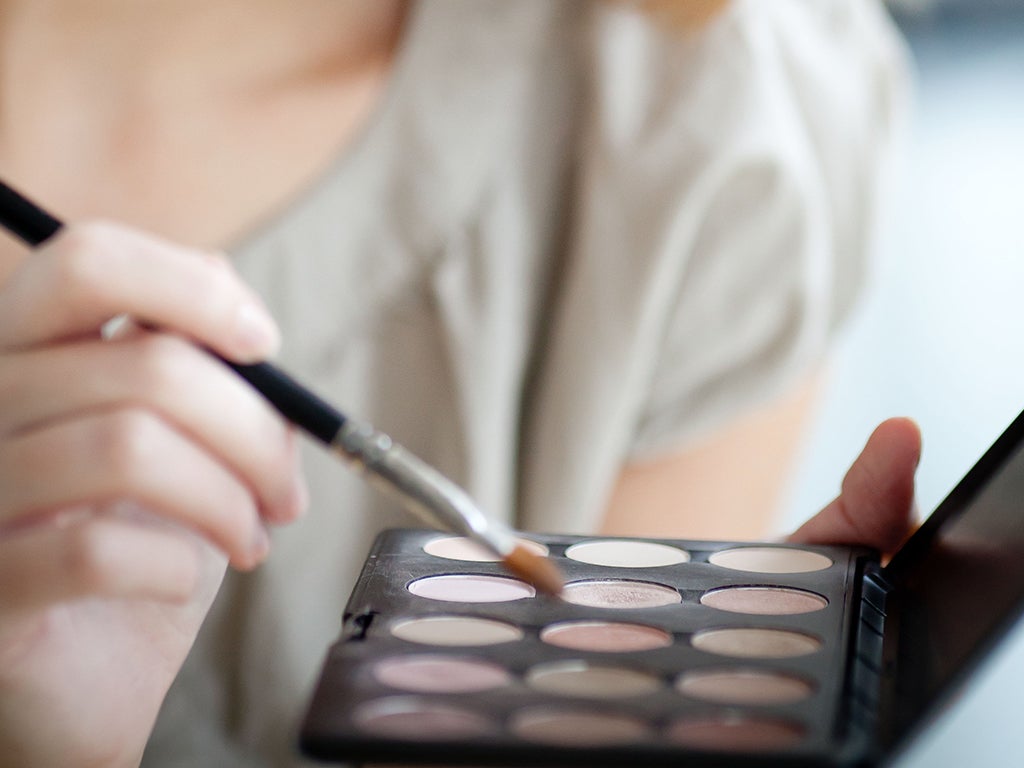
It’s of course important to test cosmetic products before applying them, especially when it’s so close to a vital body part such as the eye. Much like you would at the hairdresser, apply a little bit of the cosmetic onto the back of your neck as a test first. And NEVER apply cosmetics when you have or are recovering from an eye infection!
I’m certainly no make-up expert, but I am a leading eye expert who sees the detrimental effects of make-up in my practice, with the sometimes long lasting damage that can occur. Simple steps can greatly reduce the chances of harming the health of your eyes while making them radiant and sparkling.
Professor Dan Reinstein, Medical Director, London Vision Clinic www.londonvisionclinic.com
Join our commenting forum
Join thought-provoking conversations, follow other Independent readers and see their replies
Comments
Bookmark popover
Removed from bookmarks